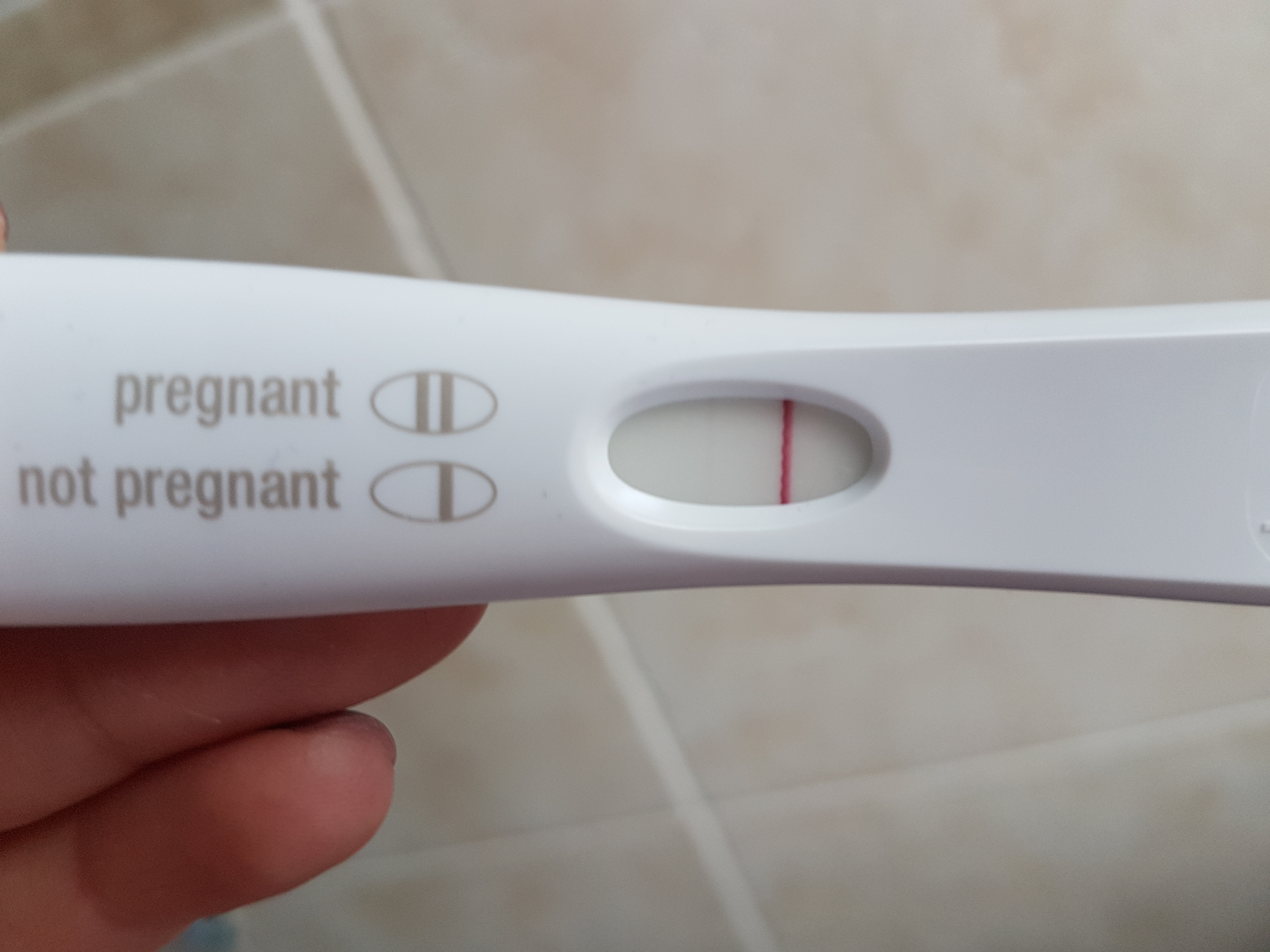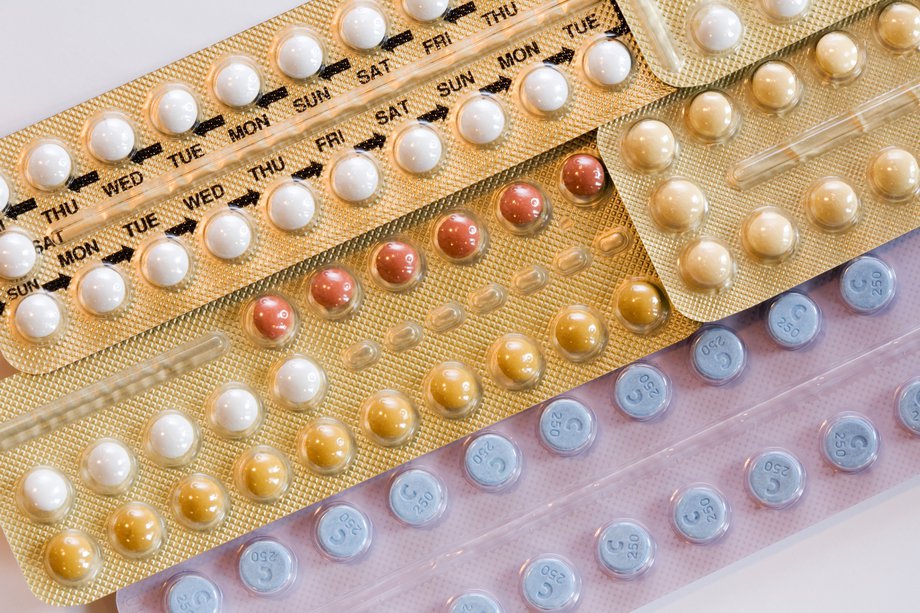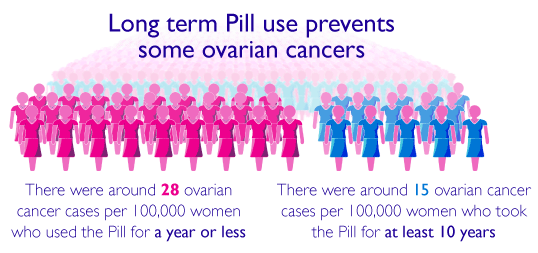The Contraceptive Pill: Things You Really Should Know
The contraceptive pill keeps millions of women across the world protected from pregnancy and those unwanted nappy bills every day.
Which type of contraceptive pill to take is case specific– with everything from the progestogen only pill to the mini pill- there’s something to suit everyone’s bodies and needs.
First off- let’s start with how the most typical pill works (the combination pill– containing both oestrogen and progestogen). It works by thinning the lining of the uterus (making it harder for eggs to attach) and thickens the mucus of the cervix (making it more of a task for sperm to reach your uterus in the first place).
Just to reiterate- you take one pill every day, typically for three ‘active’ weeks, providing you with sufficient hormone levels to prevent pregnancy, then one week of sugar placebo pills (which is when you’ll get your period).
Some women will be prescribed progestogen- only pills (AKA the mini pill), if they have a sensitivity to oestrogen. The difference with this pill is that you can take one every single day, as there aren’t any placebos in the pill packs.
[dx_custom_adunit mobile_id=”RTK_gI4i”]
1. It Can LOWER Your Libido
Whilst making you feel protected during sex, it can also reduce your drive to even have sex in the first place. Experts say that it’s usually the progestogen that is to blame for the dampened libido. The scientific reason behind not being in to your partner anymore, is that the pill suppresses the surge of testosterone that occurs mid-cycle, so decreasing sex drive in many women.
[dx_custom_adunit mobile_id=”RTK_iquJ”]
2. It’s Actually UNLIKELY To Cause Weight Gain
We all know the age old tale that the pill will make you balloon, as well as giving you spots. Perhaps the latter, but when it comes to weight gain, it’s actually very unlikely to be a side effect.
There’s actually no solid evidence to confirm the association between any type of pill and weight gain. It’s likely the myth has emerged from back in the day, when pills contained higher levels of the hormone oestrogen. This hormone, in large doses, can lead to weight gain as it increases appetite and causes water retention.
Given that pills nowadays contain lower doses of hormones, the perceived weight gain these days is usually down to water retention which, rest assured, subsides within a few months anyway.
[dx_custom_adunit mobile_id=”RTK_z40L”]
3. It Can Also Affect Your Choice In Men
Researchers from St. Andrews University have found that women on the pill tend to choose more masculine, ‘macho’ men, in comparison to their non-pill taking counterparts. The men ladies on the pill tend to gravitate towards are those without much sensitivity (so basically all the ‘nice guys’).
Perhaps not the best type of men to be swerving- the pill could be doing more harm than good in that department.

4. You Might Be More Attracted To The WRONG Men For You
Ladies on the pill are also more likely to go for partners with more similar genes to them. Why is this a bad thing? Well, bare with me…
So, research suggests that couples with the most similar genetics, are the most likely to miscarriage and also to have worse sex than those partners who differ the most genetically.

But, women on the pill naturally (apparently) gravitate towards those men who are the most genetically similar to them, hence putting themselves in to a more vulnerable position, given this research is credible.
[dx_custom_adunit mobile_id=”RTK_wiHk”]
5. Your 40s Might Be The Best Time To Start Taking The Pill
Women experiencing pre-menopausal symptoms such as hot flushes and irregular bleeding, may find some comfort in taking the pill.
As long as you’re a non- smoker and don’t suffer with diabetes, then the pill is fine to take up until menopause.
6. Symptoms Can Appear Years After Use
Your body’s hormones change as you age, meaning the onset of bleeding control problems (eg. blood clotting), can begin years in to your contraceptive routine.
Your body isn’t the same throughout different stages of your life, therefore its reaction to the pill may also differ. If you find the pill to no longer be reducing your bleeding each month, then you should think about switching it up.
7. It’s 99% Effective (ONLY If Taken As Directed)
If taken every single day, at the SAME time every day- then efficacy rate is around 99%. But, let’s not be ignorant to the fact that life gets in the way of everything that we try and establish a ‘routine’ with- whether that be exercise, diet or taking the pill.
Setting an alarm can help you get in to habit, as according to Planned Parenthood, nine out of ten women fall pregnant if they don’t take the pill as prescribed.

[dx_custom_adunit mobile_id=”RTK_DdY1″]
8. The WHO (World Health Organisation) Classes Birth Control As Carcinogenic
Substances found in this category of ‘cancer causing agents’ include the typical suspects like tobacco, asbestos and processed meats, but did you know that the birth control pills are also listed as carcinogenic?
Alarming, right? How are so many women prescribed it as the first point of call for birth control?
Studies have shown the pill to be associated with increased risk of breast, cervical and liver cancer. Dr Mirosh explains:
“There’s an association with long term use of the Pill and breast cancer, but the rate is small and it hasn’t been confirmed that the Pill definitely causes cancer.”

[dx_custom_adunit mobile_id=”RTK_ZoXg”]
9. BUT, The Pill Is Also Thought To Reduce The Risk Of Some Cancers
It isn’t cause and effect- if you take the pill that doesn’t mean that you WILL develop one of the above cancers, but it’s just making us aware of the increased risk associated.
“If you take the Pill for 3 years or less, there’s no elevated risk. Once you stop taking the Pill for 10 years your risk returns back to that of the general population.”
It’s not all bad news; taking the pill can actually, in turn, REDUCE your risk of other cancers, including ovarian and endometrial cancers.
10. Inserting Pills Into Your Vagina Can Make Them Effective When You’re Sick
Let me explain…
Okay, so we all know that regardless of the medication you’re taking- if you’re having problems at either end (you know what I mean), then it more or less makes the medication void. So, if you are struggling, then here’s a new one for you- pop the pills in to your vagina instead.
Dr Mirosh explained:
“If you can’t keep anything down, two pills inserted each day into the vagina works.”
Why two?

[dx_custom_adunit mobile_id=”RTK_hW7Y”]
Well, the pills will dissolve inside the vagina and then your bloodstream, but doubling up ensures absorption as the vagina’s absorption isn’t as effective as the digestive tract.
You’re advised to still follow the same schedule, just through a different opening! You might be sceptical, but it’s thought to be effective:
“It seems to work quite well and the studies found that there wasn’t an elevated rate of pregnancy.”
But, beware! This method is for short- term use only. Once your stomach has settled, you should resume normal oral use. If in the long-term you struggle with swallowing pills, there are alternative methods of contraception- including an IUD or the coil.
11. Your Sense Of Smell Can Be Affected
Have you noticed your smell to be affected? Well, it might be the because you’re on the pill. Studies have shown that women are more sensitive to smells when they’re ovulating, and because the pill PREVENTS ovulation, it means you become less sensitive to smells. So maybe your partner can get away with letting one rip around you…
[dx_custom_adunit mobile_id=”RTK_0mO0″]
12. You CAN Get Pregnant As Soon As You Come Off The Pill
If you have been on the pill for a while, there is a myth that you are ‘immune’ to falling pregnant immediately after coming off it.
That’s not the case- if you are fertile, you will be able to conceive as soon as you stop taking the pill. So, BEWARE ladies!!!
13. Taking Certain Medications And Supplements Can Interfere With The Pill
If you’re taking any other oral medication, it’s important to fill your doctor in and keep them up to date, as some can reduce the effectiveness of the pill. Whether it’s an antibiotic or a diet supplement, it’s a good idea to keep them in the loop so they can advise.
Antibiotics like griseofulvin (anti-fungal used to treat athlete’s foot and ringworm) and rifampicin (an antibiotic used to treat various infections), amongst others, can prevent the pill from working properly when taken in conjunction.
Why is this? Well, antibiotics increase liver enzymes that metabolise certain pills (INCLUDING birth control pills). So, the pills risk getting broken down quicker, so reducing protection.
[dx_custom_adunit mobile_id=”RTK_zTE9″]
14. It Depletes Your Vitamin B Levels
We have EIGHT B vitamins, that all contribute to your body’s healthy functioning. A couple of examples include vitamin B12 which is vital for neurological function and red blood cell development. Those veggies and vegan out there will likely be lacking in B12, as it’s sourced naturally in animal products.
Another B vitamin is B1- essential for our metabolisms to convert nutrients in to energy. You’ll find B1 in foods like wheat germ and sunflower seeds.

So, you get the idea- B vitamins are vital in our functioning. If you don’t already get a high intake of them from your diet, then you might want to re-consider the pill, as taking it increases the need for B vitamins, more so than any other form of contraception. Doctors recommend you to take B vitamin supplements alongside the pill.
15. You Don’t HAVE To Take A Break From Them
If you’ve got a special occasion coming up, or a holiday, where the last thing in the world you need is to be bleeding from your vagina- then you can just carry on taking your pill for the time that you want to remain period- free.
16. The Pill Can Actually HELP Acne
Along with the old ‘you’ll gain weight on the pill’, you might have heard that it can also cause skin complaints. But, the hormone cocktail can actually work in favour of your complexion. The pill lowers androgens (a group of hormones including the male testosterone hormone), meaning chances of breaking out are actually reduced.

[dx_custom_adunit mobile_id=”RTK_QejT]






